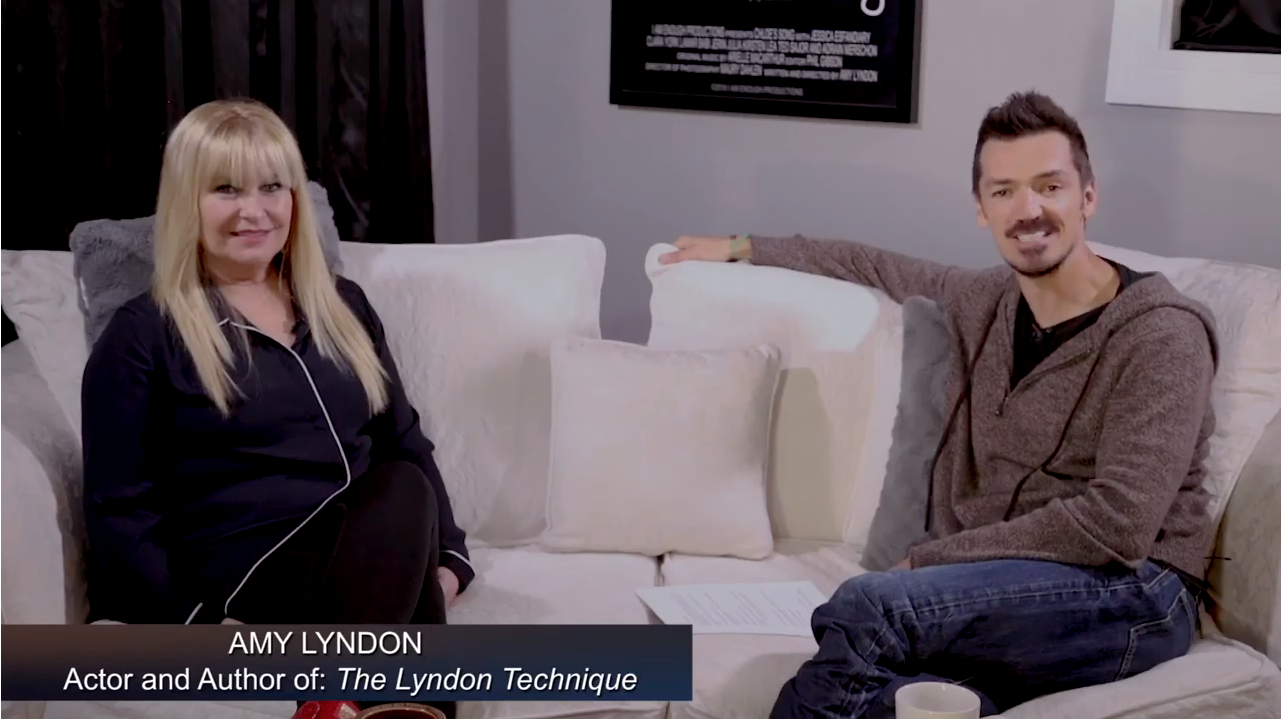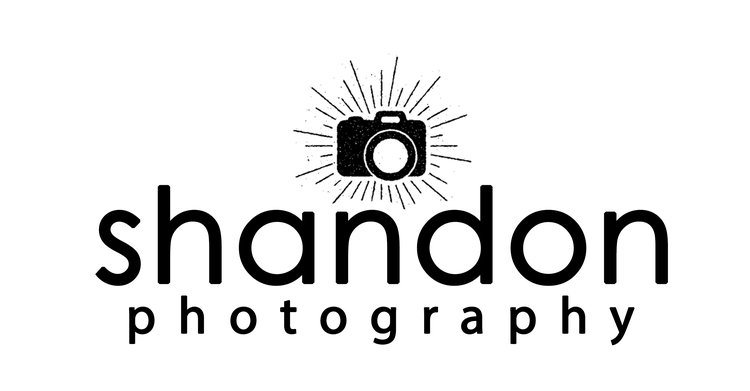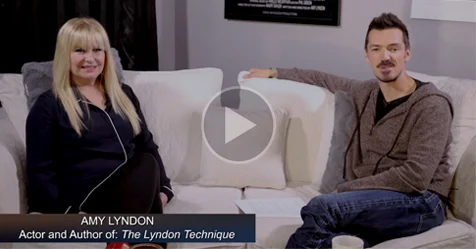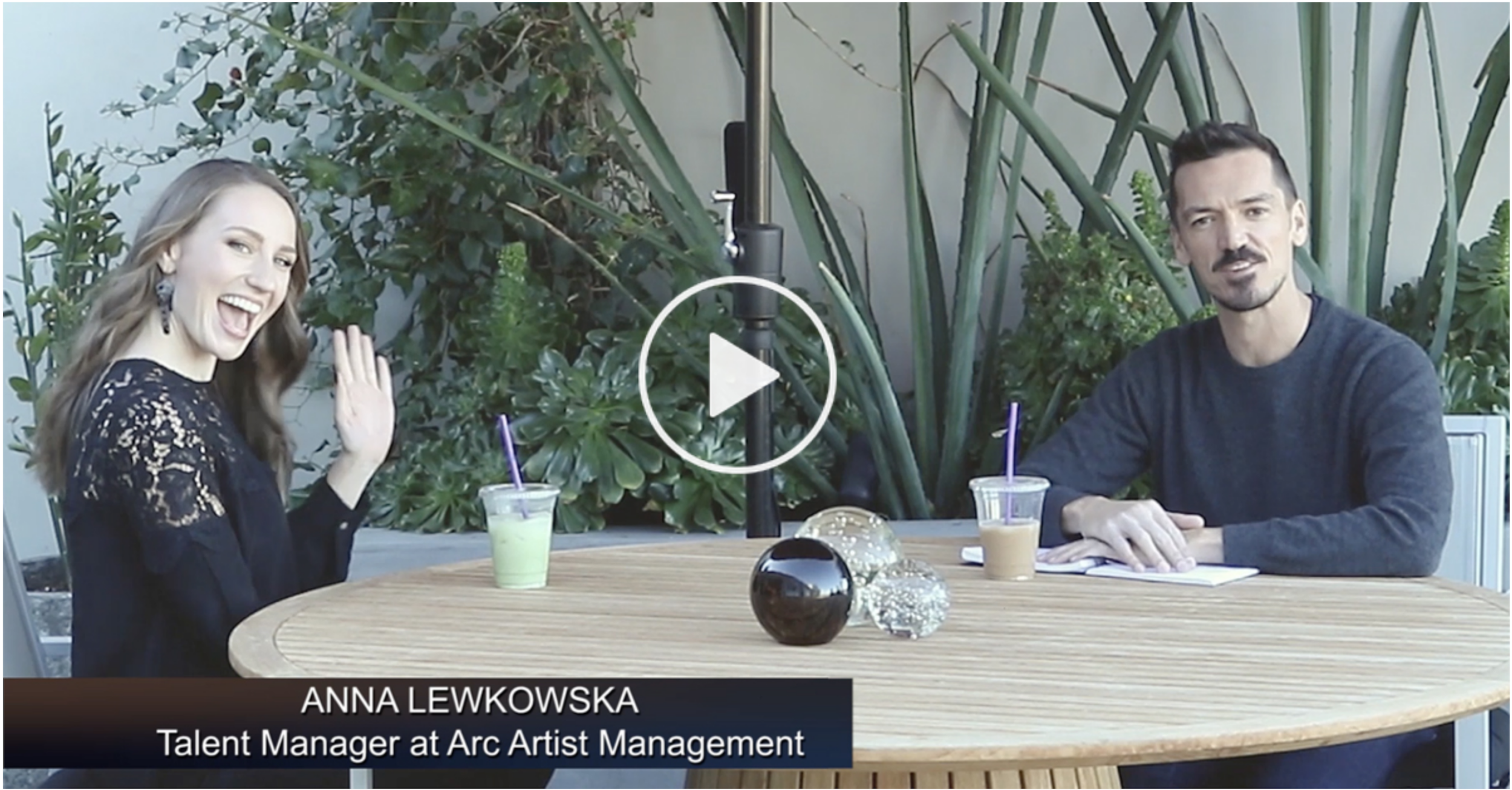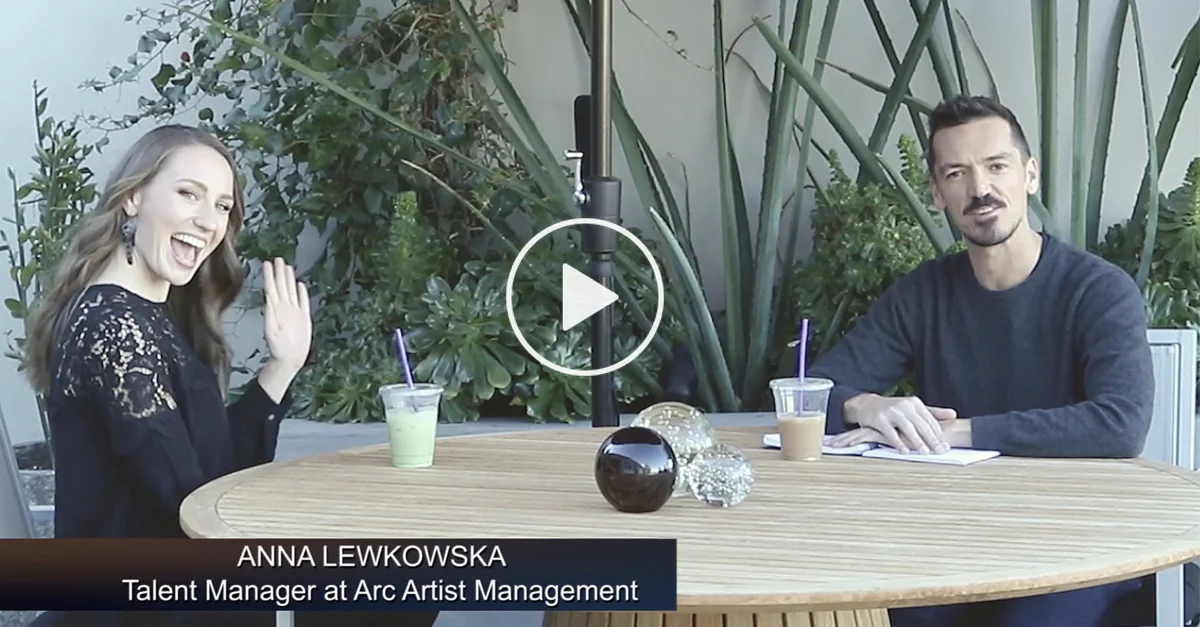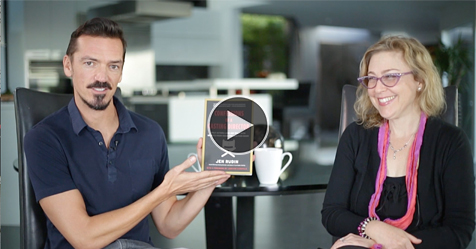Money isn’t everything, but it can sure help when pursuing a career in Hollywood. Breaking into the entertainment industry is hard, and one of the biggest hurdles is funding your acting career. The payoffs can be lucrative, but getting there can bankrupt you. If you’re moving to Los Angeles from anywhere else in the country (with the exception of Manhattan), you’re going to be moving into a more robust economy, where everything is more expensive from food to housing, to transportation. It’s important to know the best ways to spend your money, so you can optimize your time in Hollywood.
Training—There is no better investment than learning your craft. A pretty face might book an audition, but a talented actor will book roles. Take the time and the expense to learn the ropes. There are a few types of classes in Los Angeles that will help you in your acting pursuits. Scene study should be a regular part of your curriculum. If you’re not acting regularly, you're not an actor. It’s great when you reach the point in your career when you are consistently paid to act, but until then, it would behoove you to spend some money on an acting class where you can regularly work and explore your craft. Great teachers will give you the tools to deconstruct scenes, find objectives and make strong and interesting choices to elicit emotional response. If you aren’t regularly acting, your artistry will atrophy. When that great audition comes up, you need to be at the height of your conditioning. If you’re not prepared, the opportunity is lost.
Marketing Materials—You have to cut through the clutter of Hollywood. If you don’t have a professional headshot, do yourself a favor and hire a professional to give you one. So many of our clients have been sent to us from their agents with similar stories. The photo that your boyfriend took with his new iPhone looks good but isn’t making the phone ring. If you want to look like a professional actor, hire a photographer that can make you look like you're already working. A compelling headshot that reveals who you are as an actor and a commodity will pique the interest of the casting director and increase your odds of auditioning. In an industry overwhelmed with hopefuls, you must find a way to quickly and concisely portray your uniqueness. A great headshot is an investment that must be made if you want to succeed.
Representation—it’s important to pay your representation, especially if you want them to work hard for you. This might sound obvious, but there are so many actors who are resentful of their agents and managers taking their ten percent. I’ve heard so many stories of actors cutting their agents out of deals and justifying it in a variety of ways. You should always honor your contracts (and read them before signing). Agents work hard to get their clients work, and even when you book a job on your own or through another source like your manager, it’s important to pay all of your team their share. They only make money when you’re making money, and working around them will only sour your relationship and breed distrust. Pay their share and use the current job to help you book the next. Remember, it’s a team effort.
Clothing—you have to look like a viable candidate to play the roles you're auditioning for. If you don't own an audition wardrobe, go shopping. You’re being judged and considered from the moment you step into the audition room. If you don’t look the part, or worse, if your clothing is distracting the casting director from your talent, you’ve done yourself a huge disservice. Great audition apparel helps cast you in the role you're auditioning for. It flatters your body type and compliments your coloring. It enhances your identity without distracting from your work. It fits well and is properly cared for. Make the time and investment in looking good. It’s easier than you think to dress for success.
Workshops—unlike acting classes, workshops are a great way to learn audition techniques and meet industry professionals. The best workshops are classes taught by industry professionals who are NOT casting directors. Many of these workshops teach audition techniques for several weeks and end with some sort of industry showcase where agents and casting directors come to view your work and find budding talent. Casting director workshops, on the other hand, have come under a lot of scrutiny over the years, but are a great way to meet people with the power to give you work. Every now and then there seems to be a crackdown on these types of classes, where companies are fined and players are jailed because they are, in essence, selling paid auditions and work opportunities. At their best they are a great resource to better understand the audition process and a way to meet industry professionals who can give you work.
If you are going to plop your money down to meet casting directors, make the most of it and do your research. Take workshops from Casting Directors who are ACTIVELY casting. Many feature casting directors use industry workshops as a way to make money between gigs. If they don’t know their next project, the chances of them remembering you down the road isn’t that great. Also, take classes from Casting Directors who cast shows that are appropriate to your talent. If you're not a comedian, don’t take a class from someone who only casts sitcoms. Also, make sure you are taking classes from the Casting Director or Associate Casting Director and not from an assistant at the casting office. You can burn through a lot of money taking workshops with little-to-no results. If you're going to spend your money to meet Casting Directors, have a plan and do it wisely.
It can be very frustrating when you feel like you have to pay to play in an industry, and because the competition is so fierce in Hollywood, it’s inevitable that you will have to spend money to make money. It can be a hard juggling act to stay solvent and continue moving forward, but if you learn to spend your money wisely, it won’t be long before you’re earning dividends.
